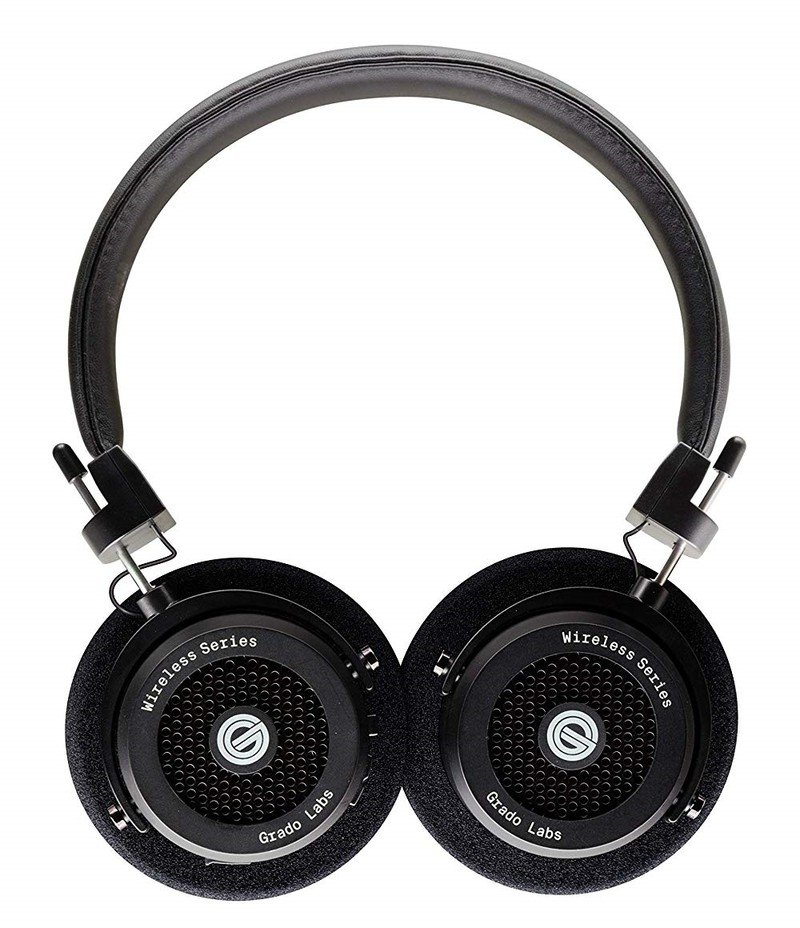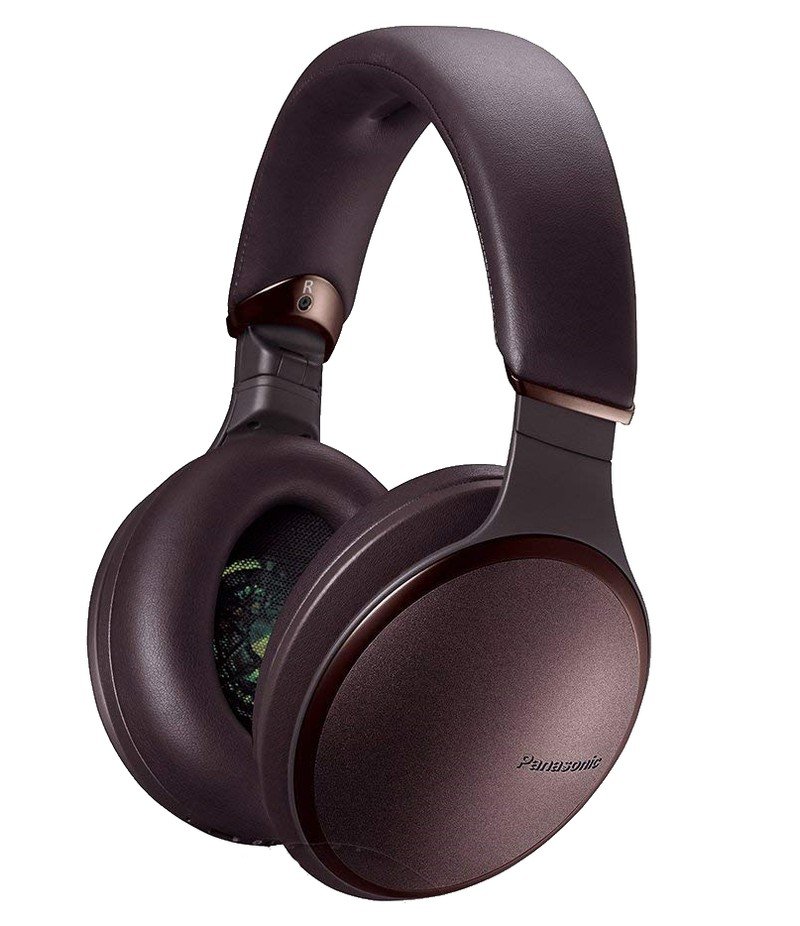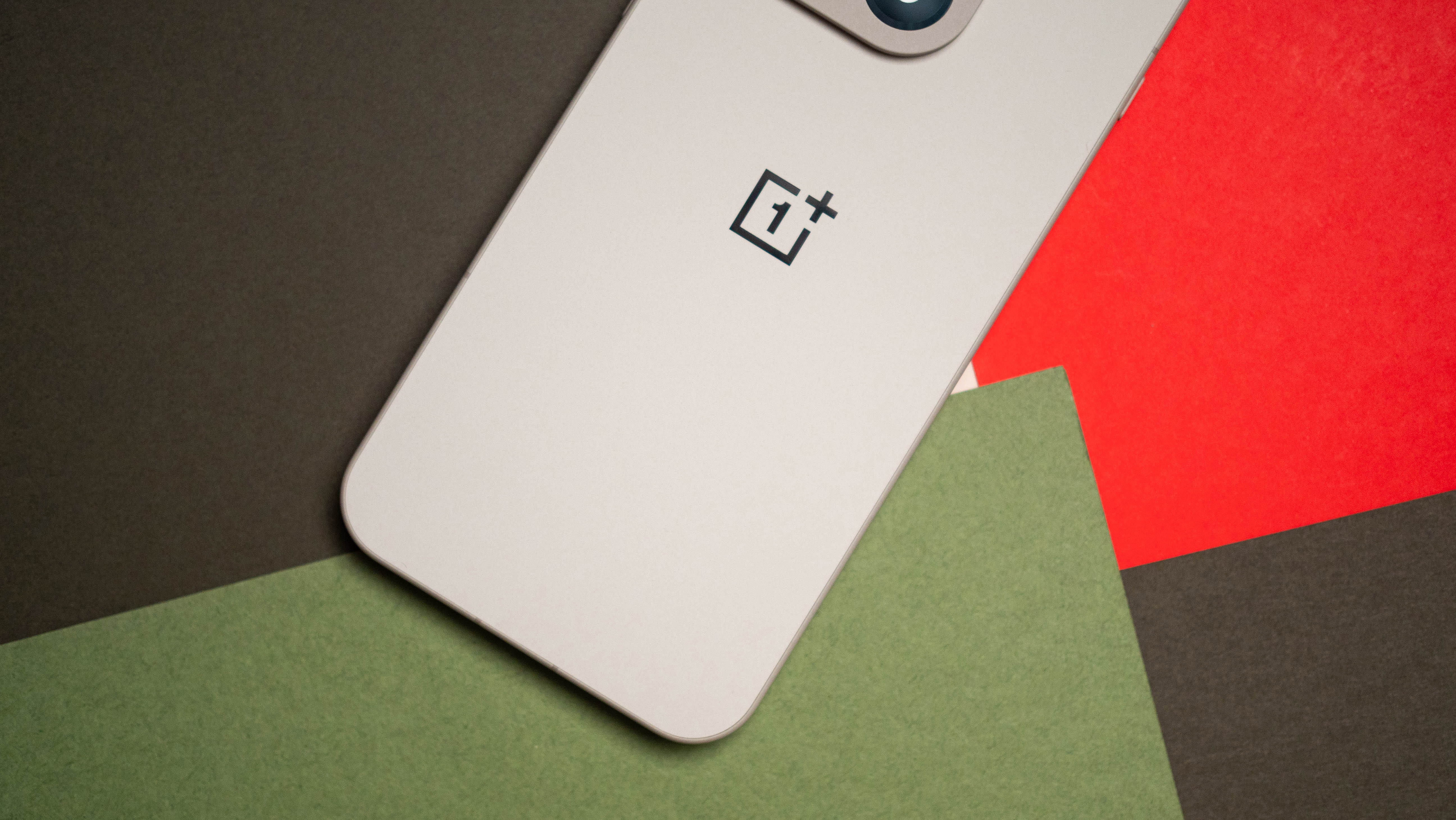Closed back vs. open back headphones: What's the difference and which should you buy?
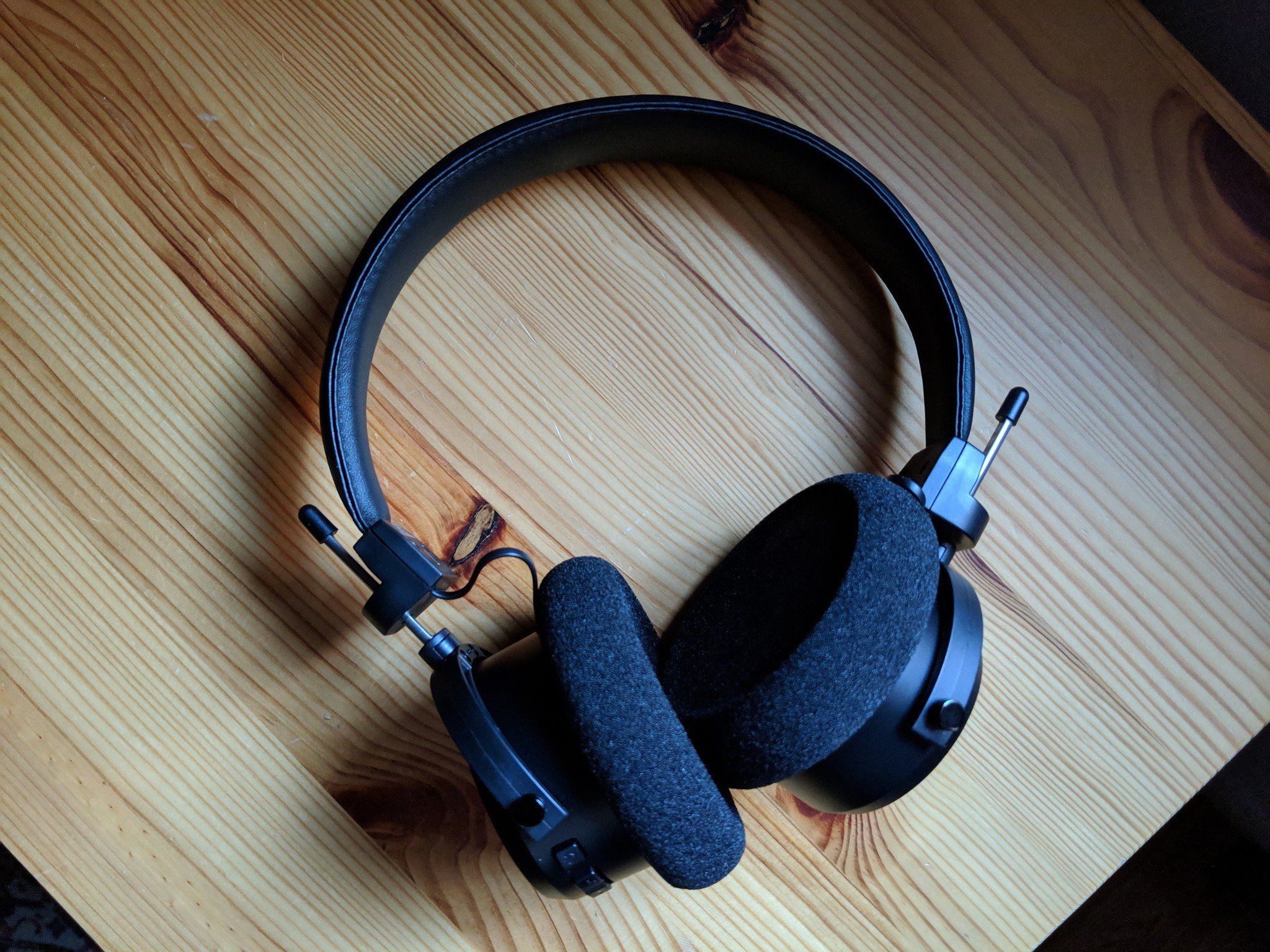
Best answer: Open back headphones don't have a solid construction for the ear cup and instead have cut-outs for ventilation and to expand the "soundstage." This means the sound will leak through, and they aren't ideal where others won't appreciate your tunes. But oh boy, do they sound good!
- Wide open for big sound: Grado GW100 Bluetooth Headphones ($249 at Amazon)
- Closed back and comfortable: Panasonic Premium Hi-Res Wireless Headphones ($199 at Amazon)
Wide open spaces
Open-back headphones are exactly what you picture when you read those words — headphones where the rear, behind the speaker assembly (known as the driver), is facing away from your head and is open. Not completely open of course, but not sealed in like closed-back headphones. Usually associated with on-ear or over-ear headphones having an open back offers makes three critical differences:
- Your ears don't get as sweaty.
- People close to you can hear what you're listening to once you turn things up a little loud. And not really loud, just a little loud.
- The space used to move the sound waves from the driver to your ears isn't as confined, resulting in a bigger "soundstage."
The first two are pretty obvious. Instead of being closed up inside a plastic cup, your ears can get a little bit of air when there are vents and someone sitting next to you can hear whatever you can hear if they are close to your head or if you have it turned up loud enough. Don't wear open-back headphones to the library. Of course, this can have an advantage, too. You can hear traffic noise while wearing open-back headphones unless you've turned things up to 11, which is why a lot of folks who cycle wear them.
Sound can leak in with open-back headphones, too. That makes them great for cyclists or runners.
"Soundstage" is something you might have heard before when people talk about headphones or speakers, and it's not a complicated idea to wrap your head around. If you have a pair of good noise-canceling headphones on and have the volume up a good amount, you can feel exactly where the sound is coming from. That's a small soundstage. With open-back headphones, it can feel like the sound is coming from further away and there is more depth — things can sound closer or further away even though the volume is the same — and that's a bigger soundstage.
It's a personal preference thing, but generally, a bigger soundstage will sound more pleasing than a smaller one. It also matters for particular types of music — jazz and classical, for instance, often sound better through headphones with a broader soundstage because instruments sound like they are placed further apart.
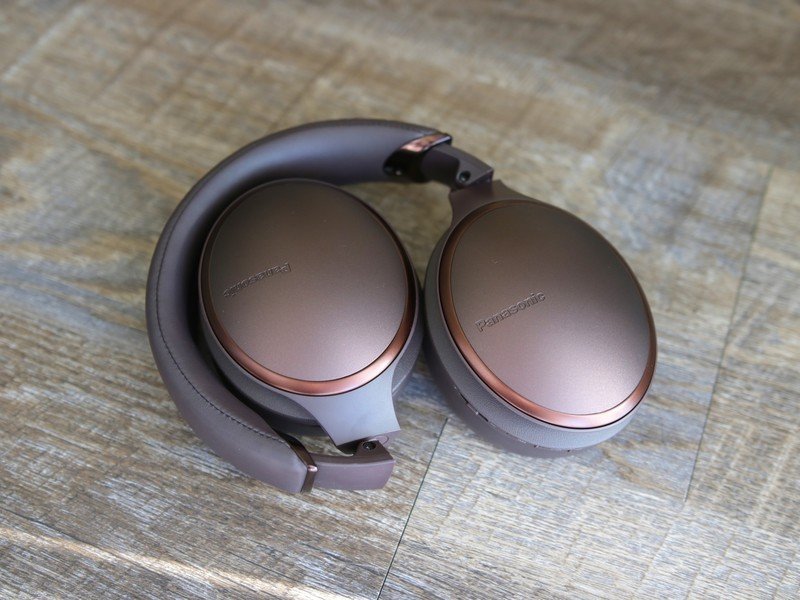
Which is for me?
Get the latest news from Android Central, your trusted companion in the world of Android
That all depends on where and how you want to listen, and what you want to listen to.
I already mentioned that open-back headphones probably aren't great to wear at the library. Add the bus, a train, an airplane, or any other place where there is a good chance someone will be sitting next to you to that list. Trust me, they will hear what you hear and might not like it. Don't be that person.
Open-back headphones aren't great for the library. Or the bus, the train, or anywhere else with people around. Don't be that guy.
Open-back headphones also aren't great in situations where you want some noise cancellation. A roaring jet engine is just as roaring while wearing open-back headphones as it is while not wearing any headphones. They're also not very good for making or taking calls, for all the reasons above.
Where they excel, though, is when you're listening to your favorite music or a movie or show at a moderate volume and relaxing. The depth effect that open-back headphones provide really can bring music alive, and a benefit of a bigger deeper soundstage is being able to hear things you might have otherwise missed, like the ring of acoustic guitar strings or just how impressive Mariah Carey's vocal range is. You don't have to be an audiophile to appreciate it when music or a movie sounds better.

Jerry is an amateur woodworker and struggling shade tree mechanic. There's nothing he can't take apart, but many things he can't reassemble. You'll find him writing and speaking his loud opinion on Android Central and occasionally on Threads.
